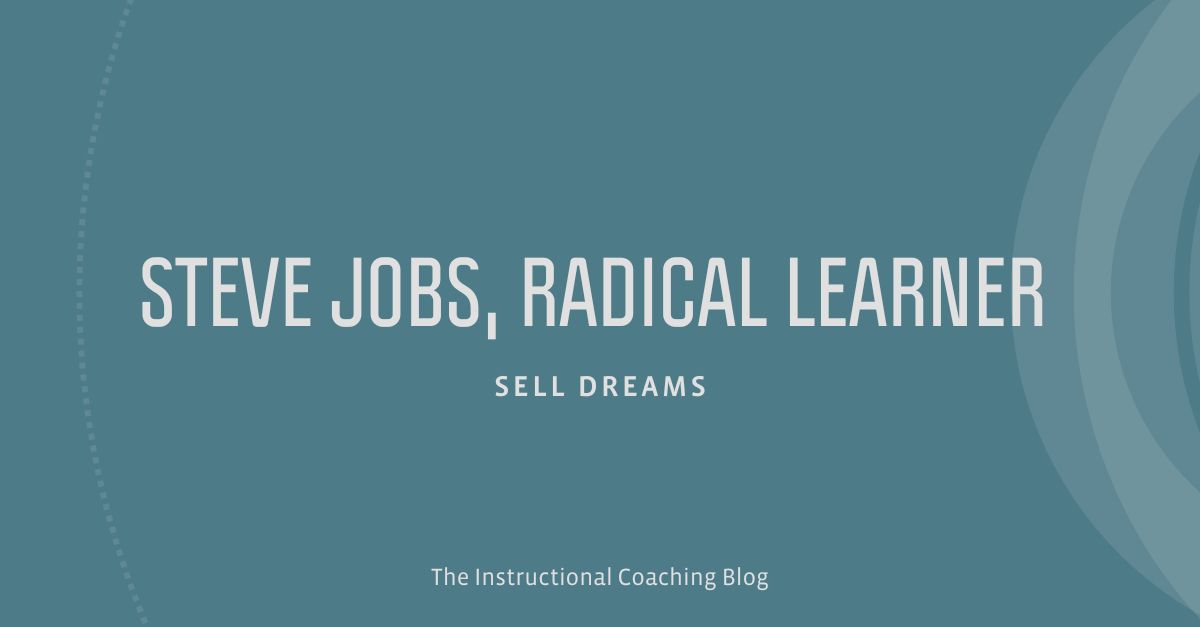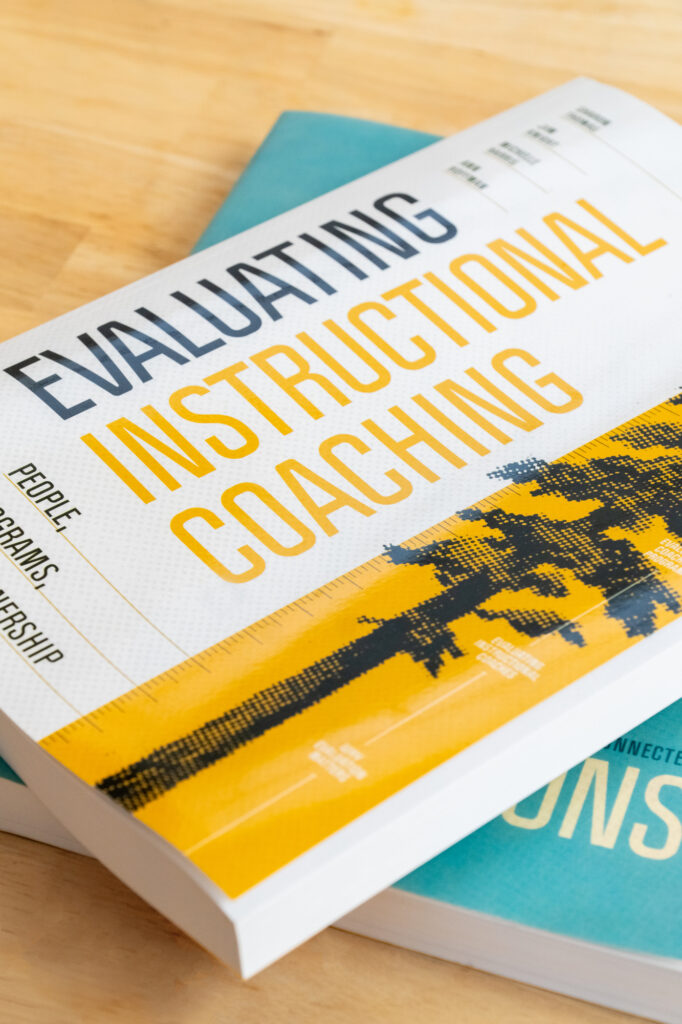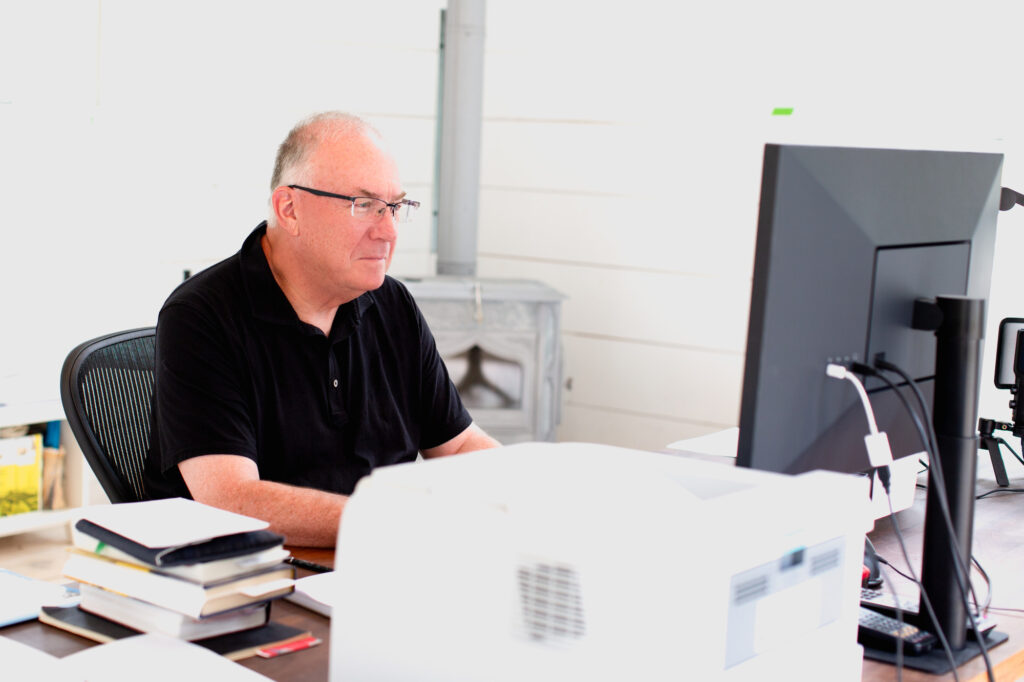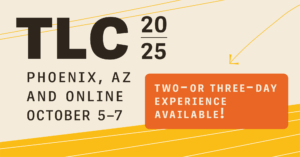The [think different] ad campaign … reveals a fundamental difference between radical innovators and mediocre copycats: the former believe in their customer’s dreams and their ability to change the world; the latter see their customers as dollar signs and nothing more. Carmine Gallo, The Innovation Secrets of Steve Jobs
Steve Jobs may be the most innovative creator of our generation. What separated him from everyone else was his ability to create products that people didn’t even know they wanted until they saw them. Most people didn’t realize they wanted a personal computer, an iPod, an iPhone, or an iPad until they saw each of them, but once they saw them, they had to have them. As Carmine Gallo says in The Innovation Secrets of Steve Jobs, “the iPad fills a gap, one that most of us didn’t know existed.” Steve Jobs created such compelling products, Gallo writes, for two reasons. First, Gallo says, “Steve Jobs knew his customers better than anyone at the company. He understood their needs, hopes, and dreams.
In Apple’s world, customers are … men and women, young and old, professionals and amateurs, who have one thing in common: they dream of a better life. Apple has created world-changing products precisely because they help their customers fulfill their world changing dreams.
Second Steve Jobs had exacting standards for what Apple created. Gallo writes, “Jobs is relentlessly focused on the customer and his or her experience with the product and the company. He will not tolerate anything that doesn’t meet his exacting standards.”
What can these suggestions mean for educators?
First, like Steve Jobs, teachers can strive to have a deep understanding of their students’ hopes, fears, and expectations. One way to do this is to ask questions. I’ve created a list of questions teachers can ask students to learn more about what makes them tick. There are questions for elementary, middle, and high school students.
Second, like Jobs, teachers who truly want to inspire their students, need to commit to extremely high standards. Radical learners know this. They relentlessly pursue excellence—video recording their lessons and learning from the recordings. Reading anything they can about how to be more effective. Observing other teachers. Finding and using technology to accelerate student learning. And doing whatever else they can to increase engagement, well-being, and achievement.
Jobs understood that a deep understanding of his customers and a deep commitment to excellence would lead to world changing products. For teachers, a deep understanding of students and a deep commitment to excellence can lead to life changing experiences.





























